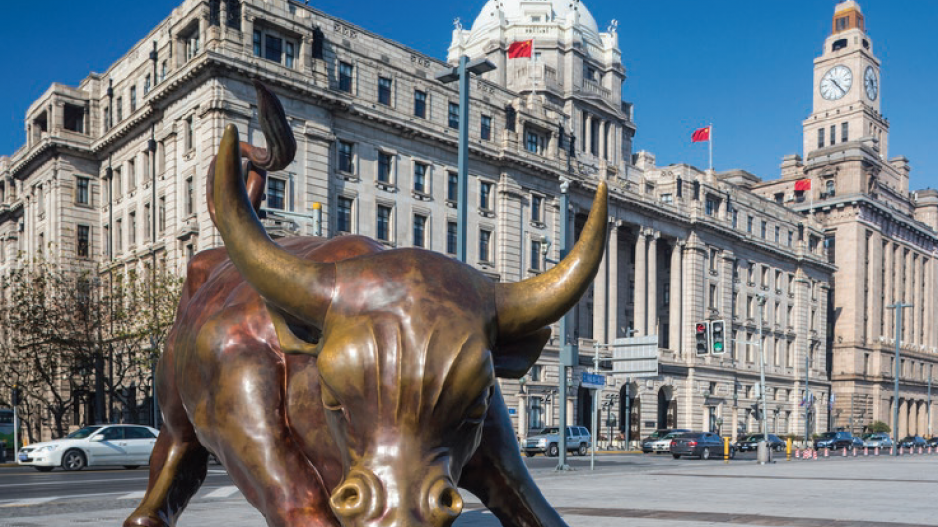Charles Lambert says his bank is open to all Canadians.
“But our focus is really in terms of trying to have an impact and to become the preferred bank for the Chinese-Canadian community,” the president and CEO of Wealth One Bank of Canada told Business in Vancouver.
The bank, which is billing itself as the first federally chartered Schedule I bank founded by Chinese-Canadian entrepreneurs, launched in Toronto in early September.
A second branch opened last week in Vancouver. And Wealth One is considering opening a smaller branch in Richmond, where 2011 census data reveals 48.5% of the population identifies as ethnically Chinese.
“We want to be where our customers are,” Lambert said, “and we think there’s ample opportunity within those [Vancouver and Toronto] markets.”
His bank isn’t alone in that thinking.
HSBC Bank Canada (TSX:HSB-C)– the largest Schedule II (foreign-owned) bank in the country – has been headquartered in Vancouver since 1981.
Meanwhile, the country’s largest payments processor, Moneris Solutions, began accepting China UnionPay cards in Vancouver and Toronto in late 2014 as part of a concerted effort to target the Chinese community in Canada.
It was the country’s first debit and credit card processor to accept UnionPay, the largest cardholder group in China. Visa (NYSE:V) is the only company that processes more transactions annually worldwide.
Rob Cameron, Moneris’ chief product and marketing officer, told BIV spending among mainland Chinese visitors to Canada is up 24% year-over-year compared with 17% for foreign tourists overall.
“They definitely like to spend, and with the UnionPay card they’ve got increased access to funds, so they’re not limited by what they can take out from an ATM. They can use that card and it unlocks however much money they have in their bank account. So we like to make it as easy as possible for them to spend as much as possible while they’re in Canada.”
When Moneris began accepting UnionPay cards two years ago, it was offering just a few hundred acceptance points and merchants.
The company aims to have 50,000 acceptance points by the end of 2016.
And earlier this summer, Moneris launched a new dynamic currency conversion product to encouraging even more spending by displaying the amount of a purchase at a terminal in both Canadian dollars and the cardholder’s home currency.
Lambert acknowledged the landscape is competitive among financial institutions targeting the Chinese community in Canada.
For now, Wealth One will focus on providing services to clients in Vancouver and Toronto, in addition to offering online banking that could be used in other cities.
Wealth One has 30 workers supporting its two branches as well as its online banking service.
All frontline staff speak either Mandarin or Cantonese, and the bank will be offering savings, term deposits and residential mortgages.
Meanwhile, the spotlight has been on Vancouver and Toronto over concerns about the impact foreign investment is having on their white-hot real estate markets.But Wealth One customers must be permanent residents, who would not be subject to the 15% foreign buyers tax on Metro Vancouver homes the B.C. government instituted in early August.
Since then, homes sales have dropped 25.6% compared with a year earlier while average prices have fallen 7.5% to $833,065, according to the BC Real Estate Association.
“I think the prospects [for residential mortgages] are fine,” Lambert said, adding that while the Vancouver real estate market is “moderating a little bit” he believes it’s likely to remain vibrant.
“This is a bank that’s been developed and built within the Canadian system, and I think we can offer products that can compete quite effectively.” •




